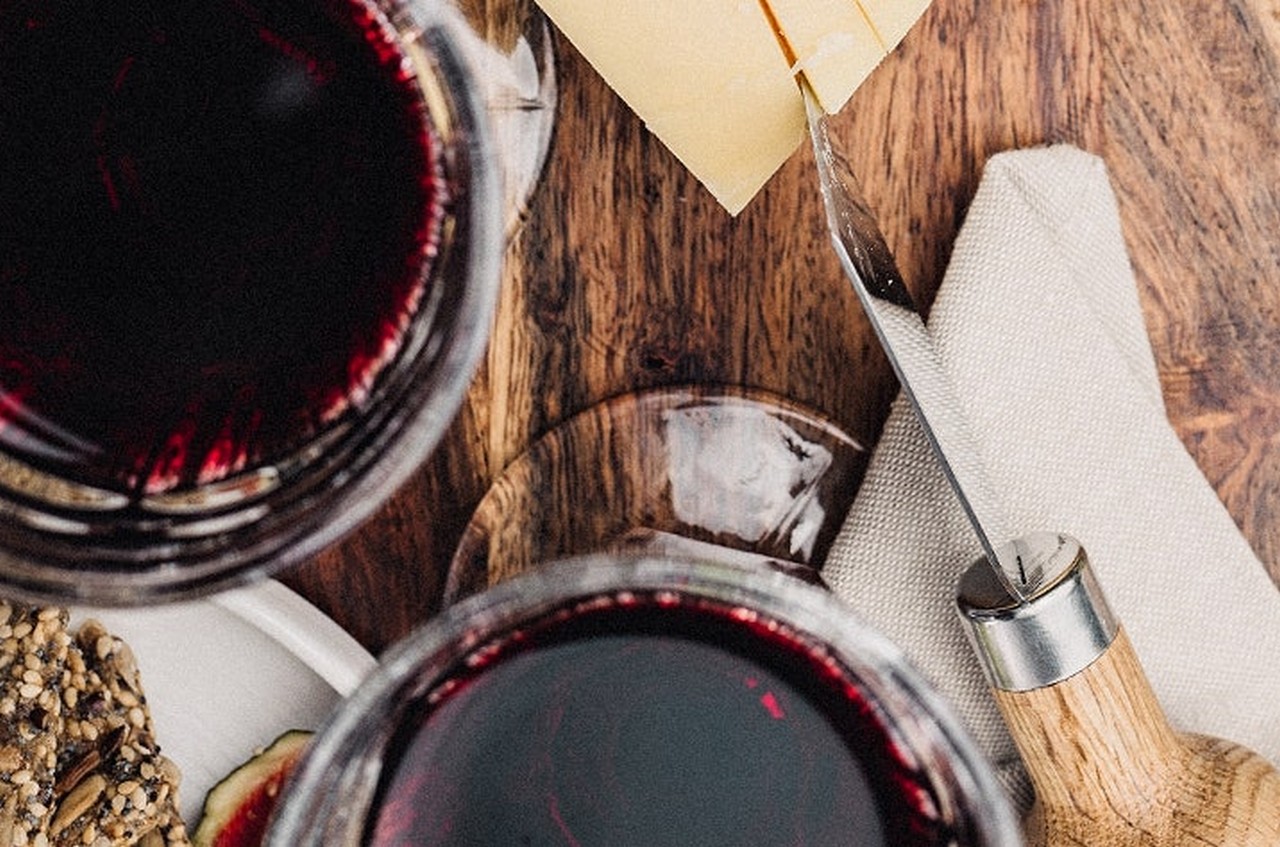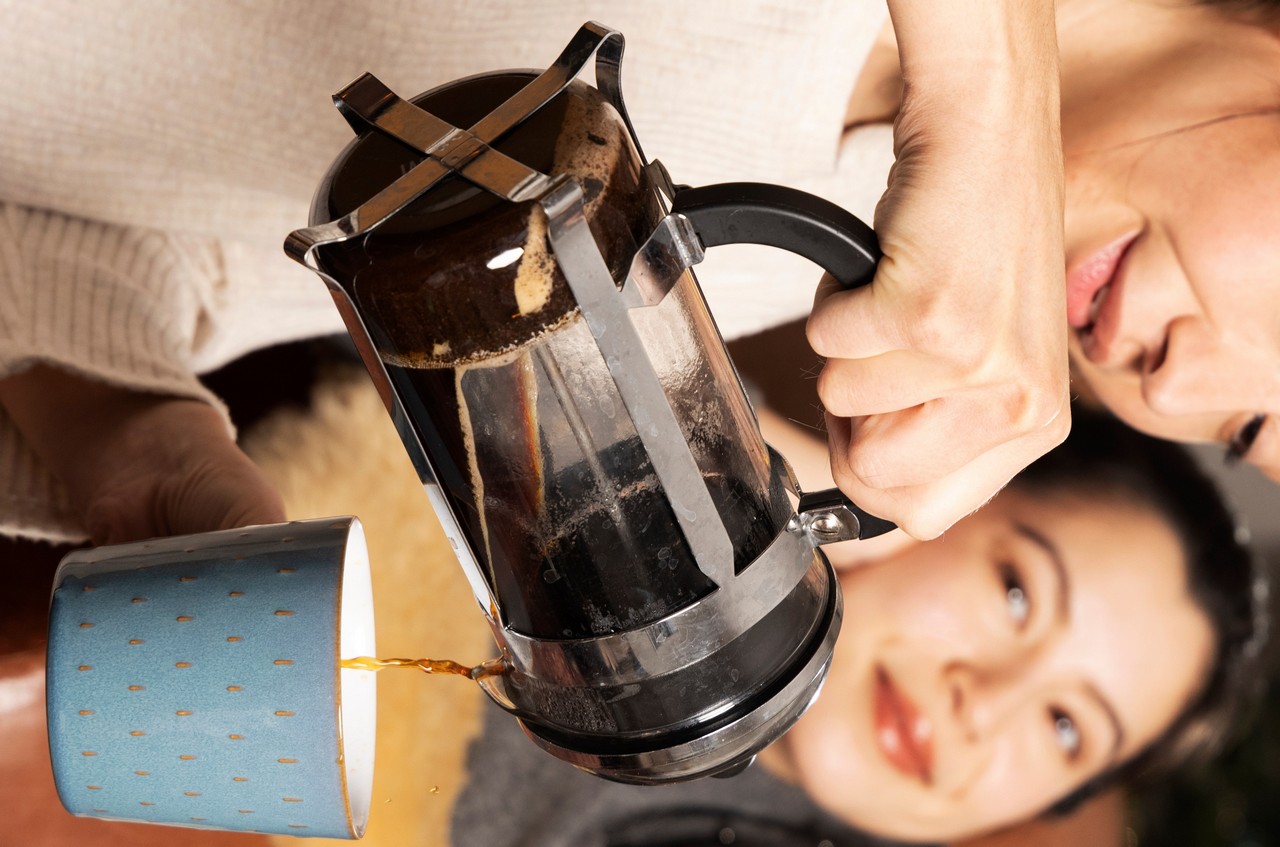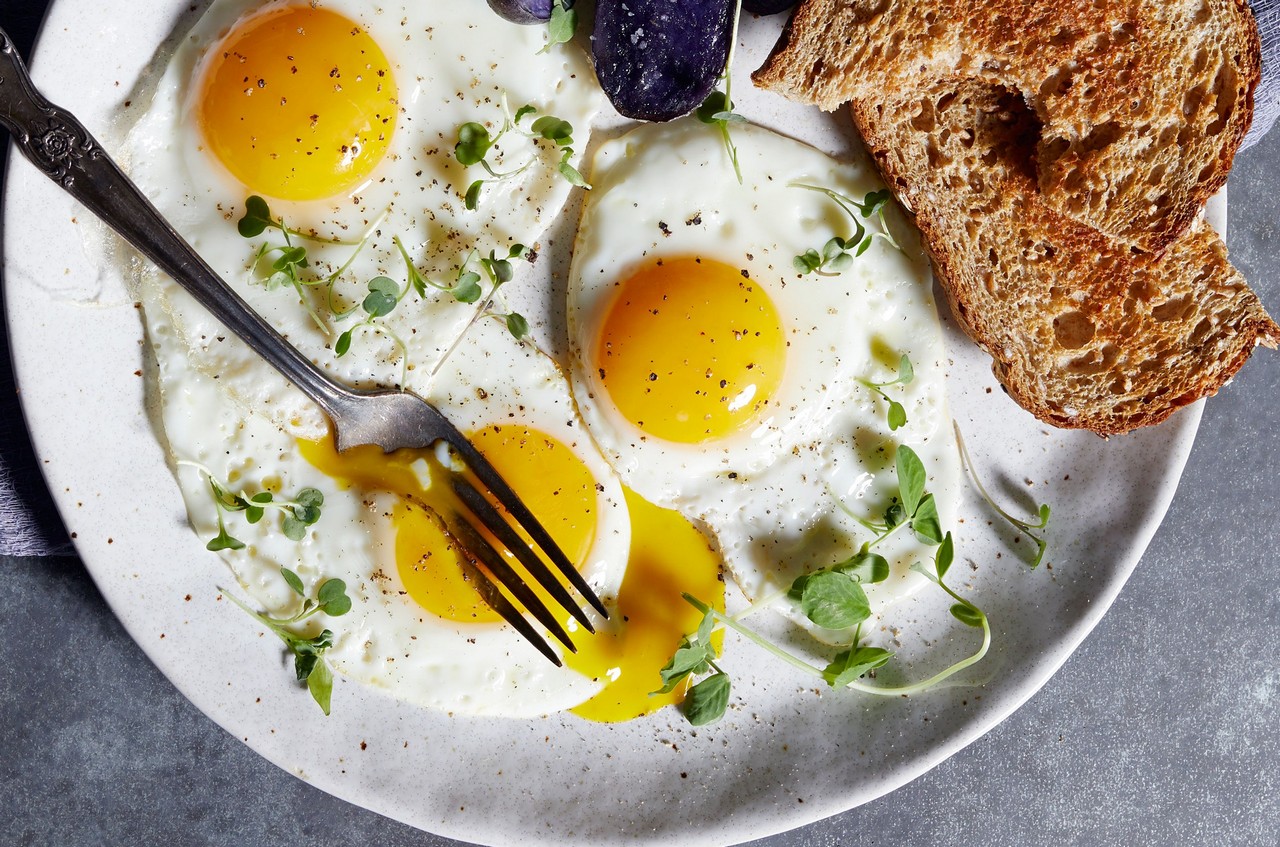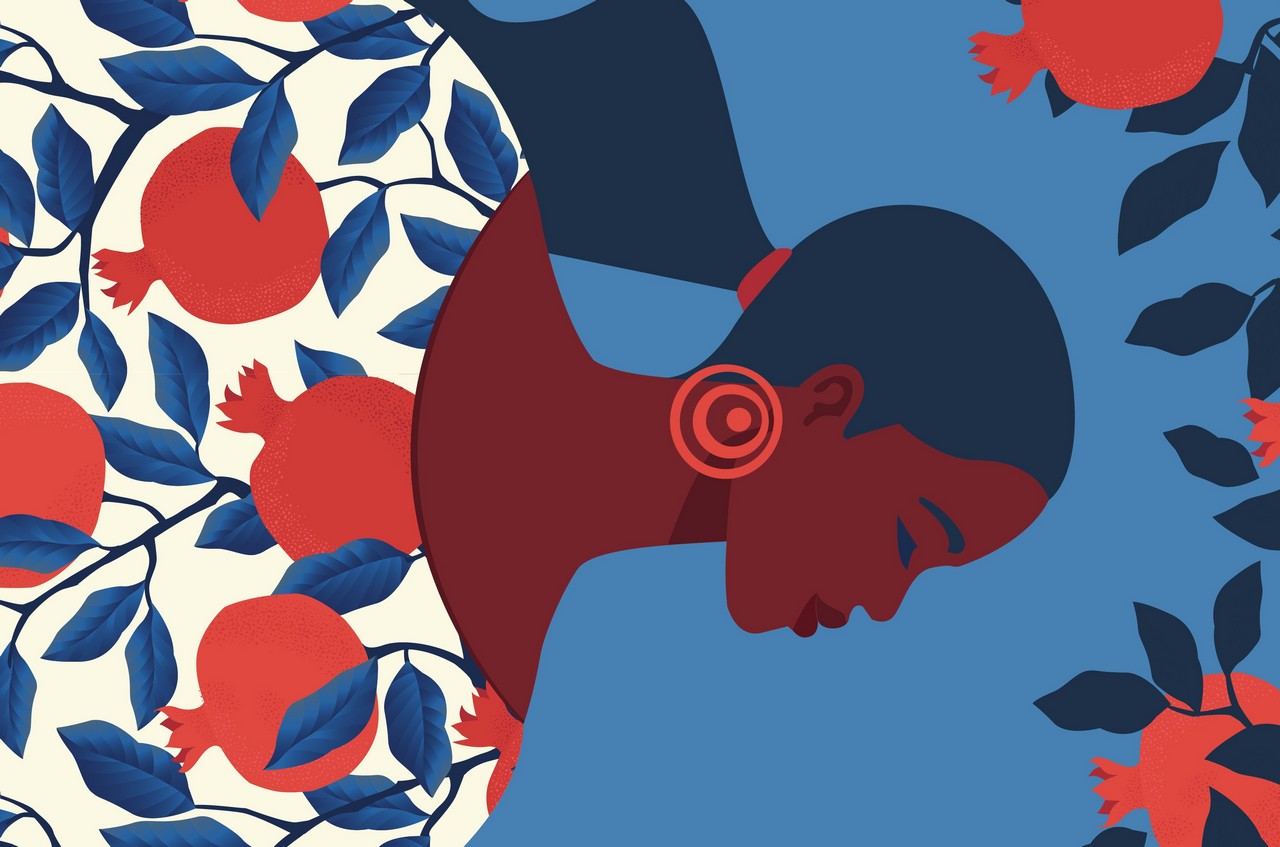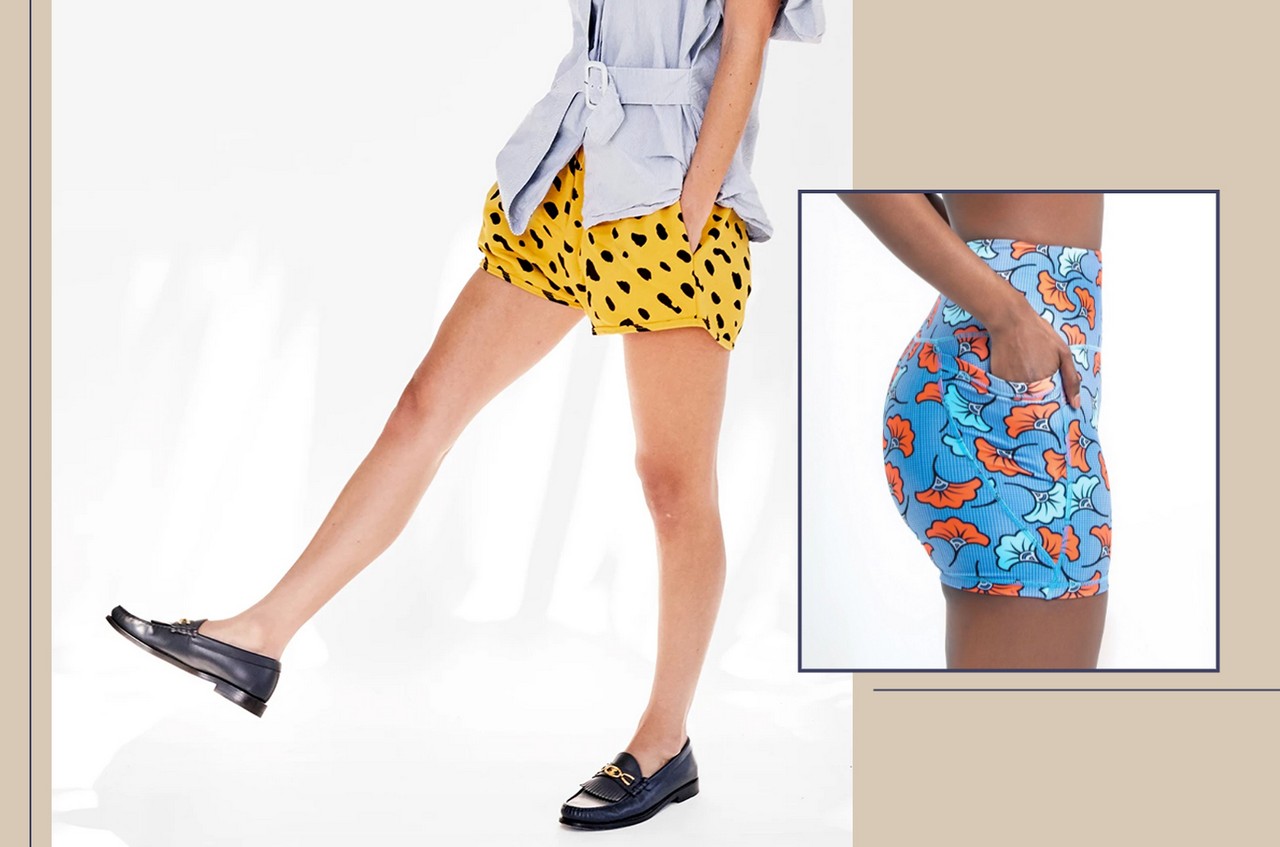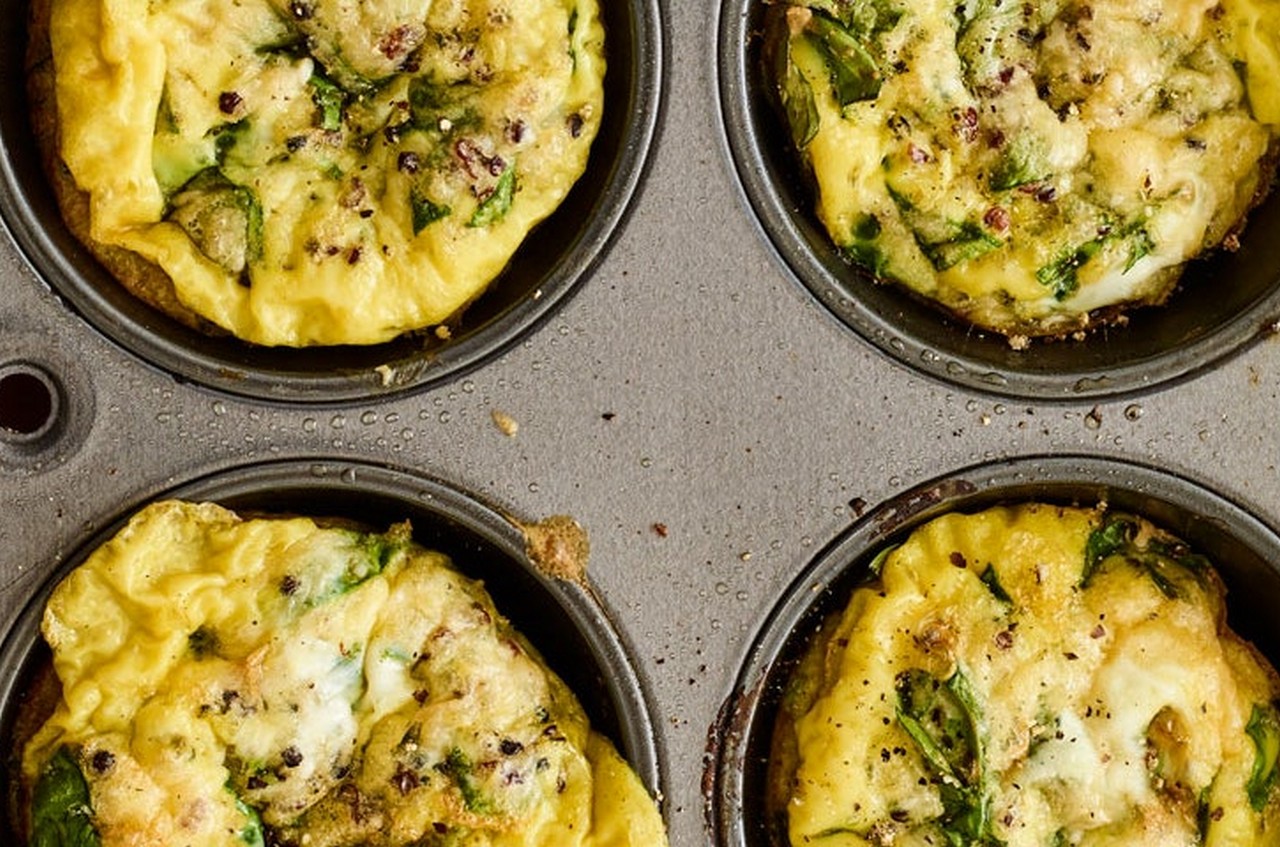Are the Health Benefits of Red Wine Actually Legit?
Every week it seems we’re told to grab our corkscrews, raise a glass, and make a toast because—cheers!—wine is good for our health!
Now, I certainly enjoy a glass or two of vino (Italian, red, full-bodied, earthy), but the headlines are getting to be a bit ridiculous. A glass of wine is the equivalent of an hour at the gym? Even as someone who loves lifting weights and vinyasa, I only wish lifting my glass strengthened my biceps. And then in May, a meta-analysis published in the Journal of Studies on Alcohol and Drugs threw shade on a long-held belief, saying red wine doesn’t reduce the risk of heart disease. Are the health benefits of alcohol all just fake news?
For starters, alcohol is technically toxic.
Toxins are something you hear about a lot—usually in the context of removing them from your body through some unproven method—so it’s easy to take any mention of them with a grain of salt. But one thing that we actually know is a toxin to the body is alcohol.
When your body breaks down wine, it releases toxins that damage your cells. The more you drink, the more damage is done, especially to your liver. Most of the alcohol we consume is broken down by the liver, making it “especially vulnerable to damage from excessive alcohol,” according to the National Institute on Alcohol Abuse and Alcoholism. This alone should be a reminder to be mindful of how often you down an entire bottle of cabernet.
But even moderate wine consumption may not be as “healthy” as we’ve been told.
For years we’ve been hearing that drinking wine boosts HDL (the so-called “good” cholesterol), reduces inflammation, makes nitric oxide more bioavailable, and provides other benefits that, combined, reduce the risk of cardiovascular disease.
Much of this research has credited resveratrol, a polyphenol found in grape skins. Since red wine is fermented with the grape skins, red wine has more resveratrol than white wine does. But not only do other foods such as grapes, peanuts, and blueberries also contain resveratrol, if this is the secret component to strong hearts—you’re not getting much from drinking. “The amount of resveratrol in wine is very small, and you’d have to drink a lot of wine to receive an equivalent dose to what’s been found in animal studies,” Anne McTiernan, M.D., Ph.D., cancer prevention researcher at the Fred Hutchinson Cancer Research Center, tells SELF.
And those studies linking moderate drinking with reduced mortality due to heart disease? They hardly prove that merlot will make you live longer.
First, there’s the possibility of selection bias when we classify someone as an “abstainer” in these studies. “By age 55, people classified as nondrinkers are almost all formerly drinkers,” Tim Stockwell, Ph.D., direction of the Centre for Addictions Research of BC at University of Victoria, tells SELF. Those people may have quit drinking because they were diagnosed with a condition, or they may have never had a sip because of chronic health problems, adds Jennifer Maggs, Ph.D., professor of human development and family studies at Penn State University. “It would be more accurate to say these people are abstainers because they are not healthy. Their poor health is probably not caused by a lack of alcohol.”
Which gets to the second criticism that many have about wine studies: They don’t control for confounding factors. “People who drink wine tend to take good care of themselves, exercise more, eat more vegetables, have higher incomes—all these things protect them” from heart disease, says Stockwell, who recently authored a meta-analysis of 45 studies that found, among other things, that wine likely doesn’t protect those 55 and younger against coronary heart disease.
On the other hand, abstainers are more likely to be those with chronic health problems as kids or adults, people who didn’t graduate high school, or people who are unemployed, says Maggs, adding, “These differences between types of drinkers partly explain why light drinkers are less likely to die young than abstainers. Abstainers are more likely to have other challenges that harm their health.”
With these biases in mind, wine may be good for your brain…when you’re a grandmother.
After looking at the alcohol intake and brain markers of 589 multiethnic adults, researchers of a 2014 study published in Clinical Nutrition concluded that “light to moderate alcohol consumption is potentially beneficial for brain aging, but replication is needed.” Those last six words are key, as the vast majority of studies on wine and cognition have been done on people 55 and older.
In this population, “a consistent finding is that light to moderate consumption, one to two drinks per day, is associated with beneficial cognitive function and lower dementia risk,” study author Brian Downer, Ph.D., professor of rehabilitation sciences at University of Texas Medical Branch, tells SELF. “There is some evidence that drinking in your 30s and 40s may have some associated benefits with higher cognitive function later in life, but it’s tricky to study that age group.” However, this is still just an association—not a proven cause-and-effect relationship—and experts can’t prove why moderate alcohol intake may improve cognitive function or lower dementia risk.
So what about drinking in your 20s? “If there were to be any benefit, it wouldn’t be noticeable until several decades later,” Downer says. “And there’s the potential short-term risk of heavy alcohol consumption.” Although a Danish study of 29- to 34-year-olds found that wine drinking was significantly associated with higher IQ—it was also associated with higher parental educational level and higher socioeconomic status. Which just might have something to do with those IQs.
And let’s not forget about the Big C. Older studies reported that resveratrol fights cancer in animals.
More recently, though, headlines have warned about alcohol consumption increasing the risk of certain cancers, particularly breast cancer. At the end of May, the American Institute for Cancer Research (AICR) and the World Cancer Research Fund (WCRF) published a report saying that there is strong evidence that alcohol can increase the risk of breast cancer.
“While the increased risk for premenopausal women drinking a small glass of wine per day is small—5 percent—it is statistically significant. There is reason to believe that this association is real,” says Dr. McTiernan, author of Starved: A Nutrition Doctor’s Journey from Empty to Full. “Alcohol can raise blood estrogens in both pre- and post-menopausal women, and high blood estrogens have been linked to increased breast cancer risk.”
Most Popular
- 5 Less Obvious Signs of Seasonal Depression You Should Definitely Pay Attention To
By Maggie O’Neill
- 42 Creative Valentine’s Day Gifts for Guys
By Sarah Madaus
- Just Some Fun Sex Toys You and Your Partner Will Love
By Gabrielle Kassel
Plus the World Health Organization classifies alcohol as a carcinogen. “Alcohol is converted into acetaldehyde—and alcohol can also produce reactive oxygen species—which can damage DNA, thereby causing cancer,” Dr. McTiernan explains
I know: Buzz. Kill. But experts don’t say you have to give up your pinot noir.
First of all, you are a big girl. Now that you know the risks, you decide if you wish to continue drinking vino. Maggs suggests an analogy: “Where is the threshold where dessert goes from being a positive thing to a negative thing?” she says. “People enjoy both dessert and wine, and many wouldn’t want to give either of them up. But wine, like dessert, is unlikely to make us healthier, and less is more.”
The main thing to keep in mind is that—despite headlines to the contrary—wine isn’t going to magically make you healthier; and that doesn’t make it inherently good or bad. Most experts say a drink or two a day—and not every day—is the way to go. “It’s important to put things into context,” Downer says. “The headlines give this notion that if you aren’t drinking, you immediately should start. But there are some limitations in the data and types of studies we can do. The findings aren’t saying that if you don’t drink, you should start drinking.”
His view: “You can have a healthy lifestyle and still drink one to two glasses of wine per day. But it’s not like you’re missing out on anything by not drinking wine.”
Drink for pleasure and remember that wine isn’t medicine, Stockwell says.
Although it’s tempting to argue his medicine thing—how many of us open a bottle after a stressful day or heartbreak or to fall asleep?—I am a science person, so I know his point is accurate. But I’ll still enjoy a glass or two when I’m in the mood.
No 2 People With Depression Have the Exact Same Experience — a Psychologist Explains
One in five US adults experienced mental illness in 2019. Toward the end of 2020, a year t…

